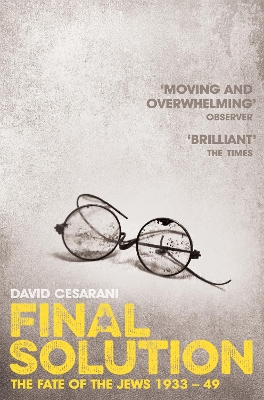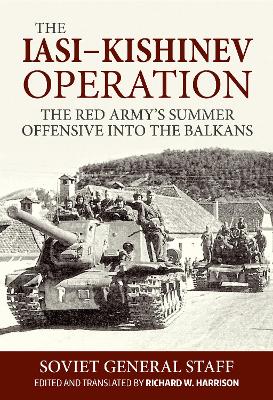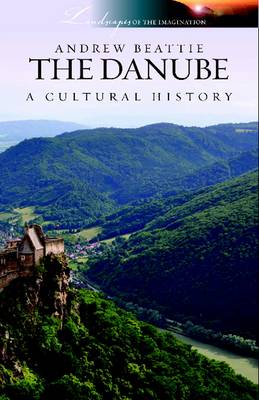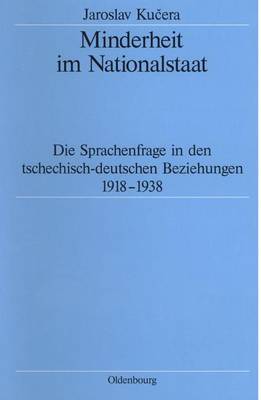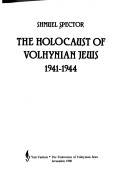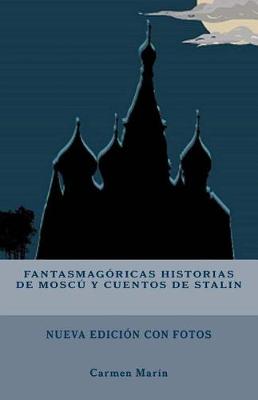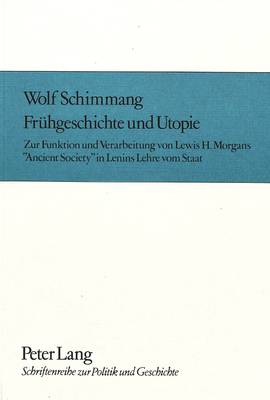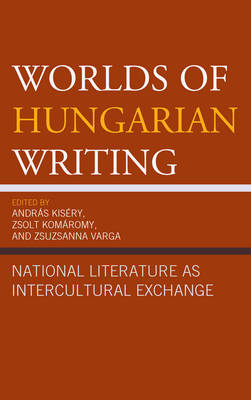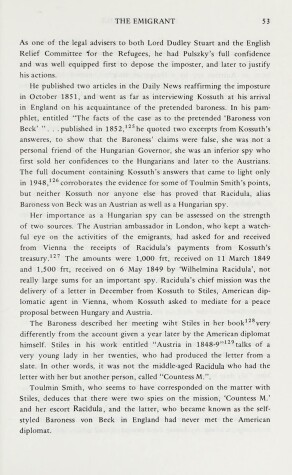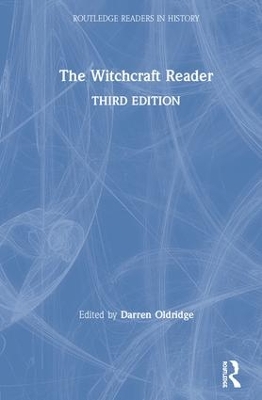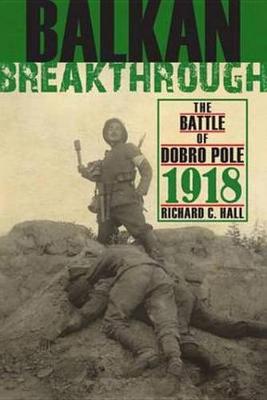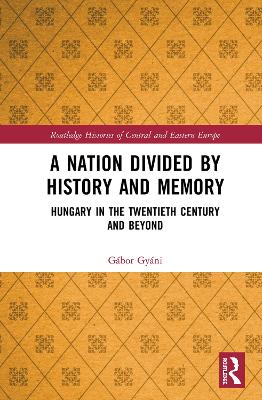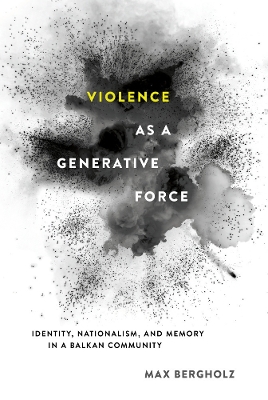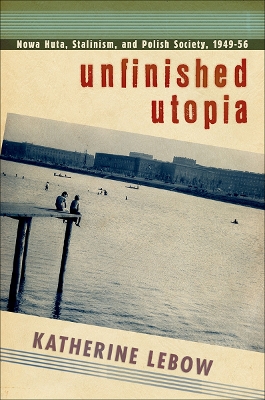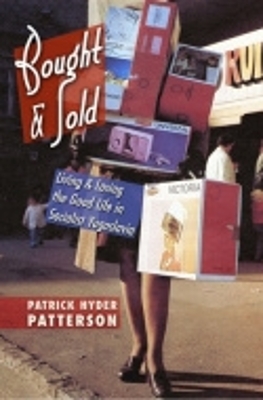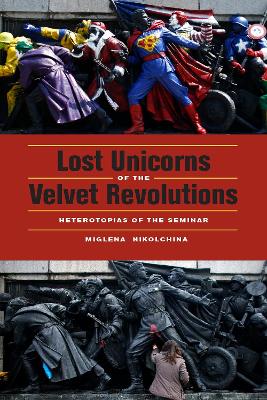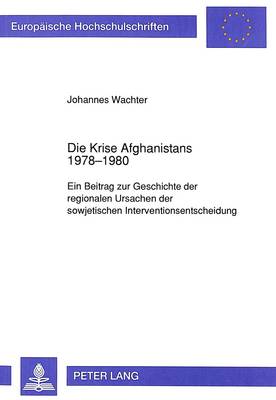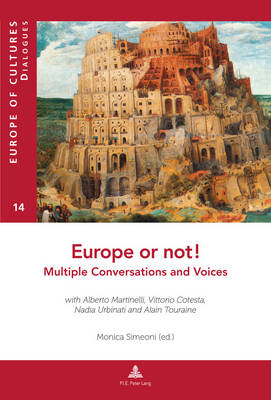Final Solution is an intelligent and thought-provoking short history of the Holocaust, by historian David Cesarani.Not only does David Cesarani draw together and engage with the latest scholarly research, making extensive use of previously untapped resources such as diaries and letters from within the ghettos and camps (many of them in Polish or Yiddish and therefore previously largely inaccessible to Anglo-American scholars) but by adopting a rigorously Judeocentric approach the whole narrative...
The Danube is the longest river in western and central Europe. Rising amidst the beautiful wooded hills of Germany s Black Forest, it touches or winds its way through ten countries and four capital cities before emptying into the Black Sea through a vast delta whose silt-filled channels spread across eastern Romania. From earliest times the river has provided a route from Europe to Asia that was followed by armies and traders, while empires, from the Macedonian to the Habsburg, rose and fell alo...
Fruehgeschichte Und Utopie (Schriftenreihe Zur Politik Und Geschichte, #12)
by Wolf Schimmang
Am Beispiel der Leninschen Staatslehre versucht der Autor zu zeigen, dass, im Gegensatz zur vorherrschenden Meinung, gerade die Ablehnung jedes Anscheins von Utopie durch Lenin jene zwanghaften Strukturen theoretisch ermoglicht hat, die den Staat der Oktoberrevolution ins Kreuzfeuer der Kritik ruckten. Als Quelle der empirisch gemeinten Staatslehre Lenins wird die Rezeption von -Ancient Society- geschildert, bei der Friedrich Engels den amerikanischen Ethnologen Lewis H. Morgan ebenso wie seinen...
A history of the Romanian people which seeks to make intelligible their aspirations, achievements and plight. The author, who died in 1988, had been for many years the Director of the Romanian Radio Service for Europe. The book covers the course of Romanian history from Roman times to the 1980s. It focuses on the social structures, economics and political institutions of the principalities inhabited by the Romanian people in the course of their history.
Worlds of Hungarian Writing responds to the rapidly growing interest in Hungarian authors throughout the English-speaking world. Addressing an international audience, the essays in the collection highlight the intercultural contexts that have molded the conventions, genres and institutions of Hungarian writing from the nineteenth century to the present. They are mapping some of the ways in which a modern literature is produced by encounters with languages, cultures, and media external to its tra...
An interesting study of the activities of one of Lajos Kossuth's closest associates in the failed Hungarian Revolution of 1848-1860.
The Witchcraft Reader (Routledge Readers in History)
The Witchcraft Reader offers a wide range of historical perspectives on the subject of witchcraft in a single, accessible volume, exploring the enduring hold that it has on human imagination. The witch trials of the late Middle Ages and the sixteenth and seventeenth centuries have inspired a huge and expanding scholarly literature, as well as an outpouring of popular representations. This fully revised and enlarged third edition brings together many of the best and most important works in the...
A highly influential Czech historian and politician, Frantisek Palacky (1798-1876) became in 1825 the first editor of the journal of the Bohemian Museum, a key cultural institution in the development of Czech nationalism. He was actively involved in the nineteenth-century Czech national revival, helping also to found the Czech national theatre. Entering politics in 1848, he served as president of the Prague Slavic Congress, and later became a member of the Austrian senate as a supporter of great...
With the transfer of German units to the western front in the spring of 1918, the position of the Central Powers on the Macedonian front worsened. Materiel became scarce and morale among the Bulgarian forces deteriorated. The Entente Command perceived in Macedonia an excellent opportunity to apply additional pressure to the Germans, who were already retreating on the western front. In September, Entente forces undertook an offensive directed primarily at Bulgarian defenses at Dobro Pole. Balkan...
Selected Works of Ion Creanga and Mihai Eminescu (East European Monographs S., v.237)
by Ion Creanga and Mahai Eminescu
This book consists of selections from the best known works of the classic Romanian writers of the nineteenth century in annotated English translations.
A Nation Divided by History and Memory (Routledge Histories of Central and Eastern Europe)
by Gabor Gyani
During the last few decades there has been a growing recognition of the great role that remembering and collective memory play in forming the historical awareness. In addition, the dominant national form of history writing also met some challenges on the side of a transnational approach to the past. In A Nation Divided by History and Memory, a prominent Hungarian historian sheds light on how Hungary’s historical image has become split as a consequence of the differences between the historian’s c...
During two terrifying days and nights in early September 1941, the lives of nearly two thousand men, women, and children were taken savagely by their neighbors in Kulen Vakuf, a small rural community straddling today’s border between northwest Bosnia and Croatia. This frenzy—in which victims were butchered with farm tools, drowned in rivers, and thrown into deep vertical caves—was the culmination of a chain of local massacres that began earlier in the summer. In Violence as a Generative Force, M...
Unfinished Utopia is a social and cultural history of Nowa Huta, dubbed Poland's "first socialist city" by Communist propaganda of the 1950s. Work began on the new town, located on the banks of the Vistula River just a few miles from the historic city of Kraków, in 1949. By contrast to its older neighbor, Nowa Huta was intended to model a new kind of socialist modernity and to be peopled with "new men," themselves both the builders and the beneficiaries of this project of socialist construction....
Kosovo is a plain where the serbs bend over to work the soil, Albanians sweat in the mining shafts underground, Turks (largely spent and reminiscing about past fame) grow poppies and peppers, while the Gypsies fill the air with the sounds of life.
Yugoslavia was unique among the communist countries of the Cold War era in its openness to mixing cultural elements from both socialism and capitalism. Unlike their counterparts in the nations of the Soviet Bloc, ordinary Yugoslavs enjoyed access to a wide range of consumer goods and services, from clothes and appliances to travel agencies and discotheques. From the mid-1950s onward the political climate in Yugoslavia permitted, and later at times encouraged, a consumerist lifestyle of shopping,...
This book examines the eastern European seminar of the late 1980s and early 1990s-an ongoing academic meeting place outside the formal rubric of the university-tracing its evolution into a social movement on the street and identifying the political force of the theoretical conversations that took place there. It also shows how these theories reflect the loss of socialist idealisms and established materialist frameworks that eventually evolved into a set of heterotopic visions with a fundamentall...
Die Krise Afghanistans 1978-1980 (Europaeische Hochschulschriften / European University Studie, #327)
by Johannes Wachter
Mit der vorliegenden Studie, die sich als Teil einer umfassenderen Darstellung der sowjetischen Intervention in Afghanistan und ihrer Vorgeschichte versteht, wird der Versuch unternommen, die Beziehungen der beiden Lander in der Zeit vom Ende des Ersten Weltkrieges bis 1955 im Lichte veranderter Fragestellungen neu zu analysieren. Die Arbeit soll insbesondere dazu dienen, weltpolitische Entwicklungen und innenpolitische Faktoren als die massgeblichen Determinanten im Verhaltnis beider Staaten zu...
Aspects of Soviet Culture (East European Monographs S., v. 307)
by Jelena Milojkovic-Djuric
